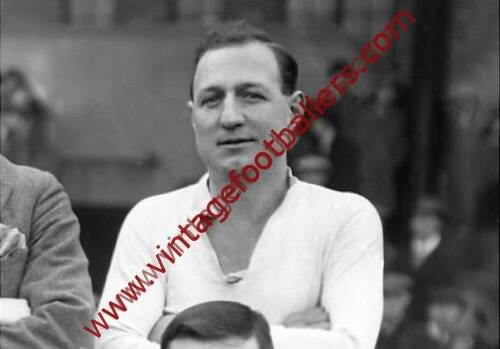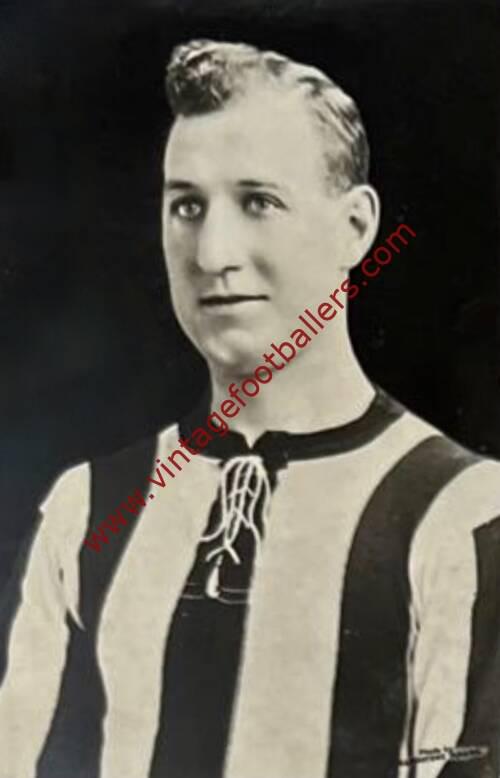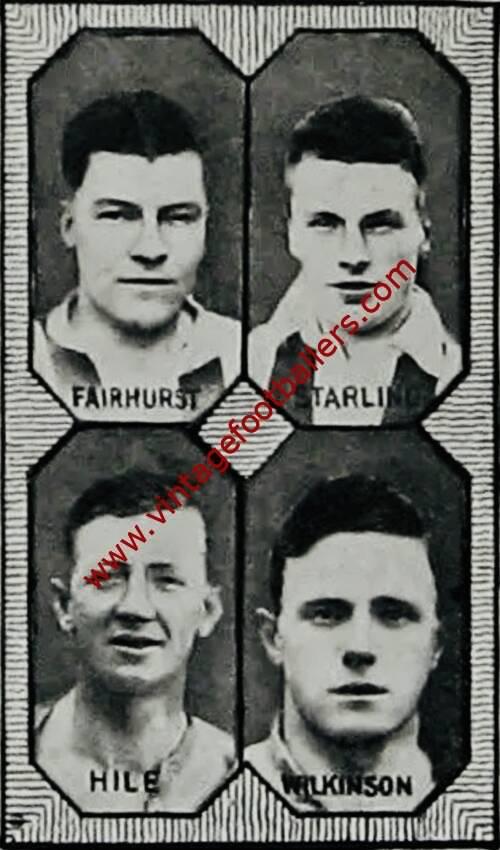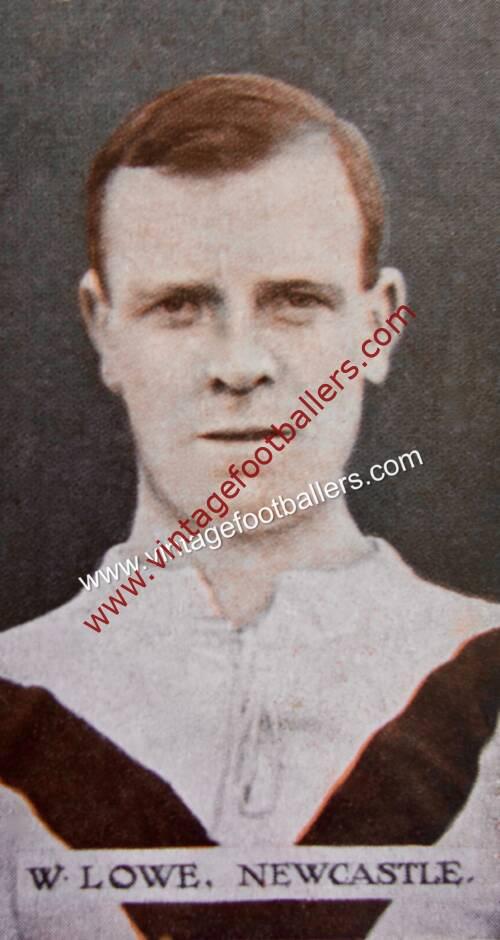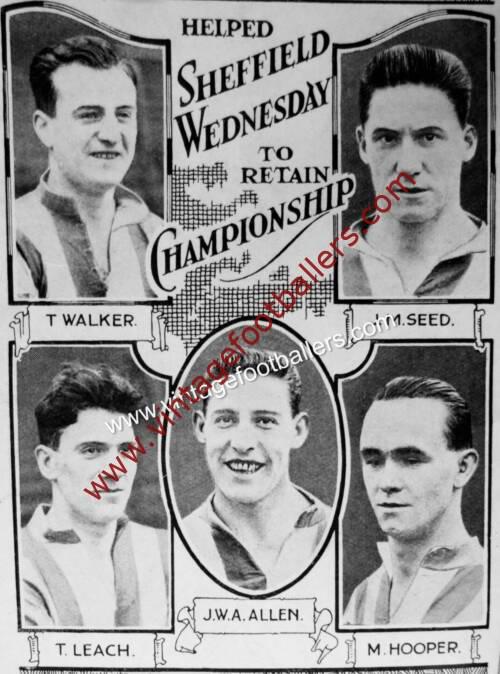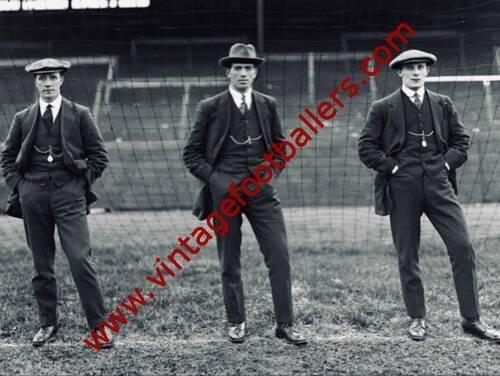Please choose your photo size from the drop down menu below.
If you wish your photo to be framed please select Yes.
Note: 16″x 20″not available in a frame.
Images can also be added to accessories. To order please follow these links
£8.95 – £49.95
Please choose your photo size from the drop down menu below.
If you wish your photo to be framed please select Yes.
Note: 16″x 20″not available in a frame.
Images can also be added to accessories. To order please follow these links
South Shields, County Durham born wing half (he could play both sides) Tom Curry started his football career with South Shields St Michael’s in 1910 and played for Northern Alliance club South Shields Parkside in 1911 before joining local First Division professional club Newcastle United for £20 in April 1912, witout playing for the first eleven before the onset of the First World War, in which he served as a Sergeant with The Royal Engineers. During the War, he appeared as a guest for South Shields in 1915-16, and for Leeds City in the home fixture with Sheffield United on the 8th March 1919, which was won 2-1 by the Peacocks, and also made 13 wartime appearances for Newcastle United.
He eventually made his Football League debut at Arsenal in November 1919 and scored 5 goals in 235 appearances for The Magpies over the next ten years. While he did not earn international recognition he did play for The Football League in a 2-2 draw with The Irish League at Anfield on 19th November 1919.
He was not selected in their 1924 FA Cup Final triumph despite playing in 5 of the cup ties leading to the Final, and having lost his regular first team place in 1925-26 he only made five appearances as Newcastle won the League Championship in 1926-27 before moving to Stockport County in January 1929. He spent a season and a half at Edgeley Park making 19 appearances and scoring once before retiring in 1930.
But it will be as a trainer and mainly for tragic reasons that he will be most remembered. After four years as trainer at Carlisle United he moved to Manchester United in 1934 and remained there for the next 24 years, initially under manager Scott Duncan and for the last 14 years highly successful years under Matt Busby, until his death in the Munich Air Disaster in February 1958, which also claimed the lives of Frank Swift and eight Manchester United “Busby Babes” players, including the likes of Duncan Edwards and Tommy Taylor. His other highly noteworthy achievement as a trainer was to be trainer to the Great Britain team at the 1948 Olympic Games.
| Weight | N/A |
|---|
